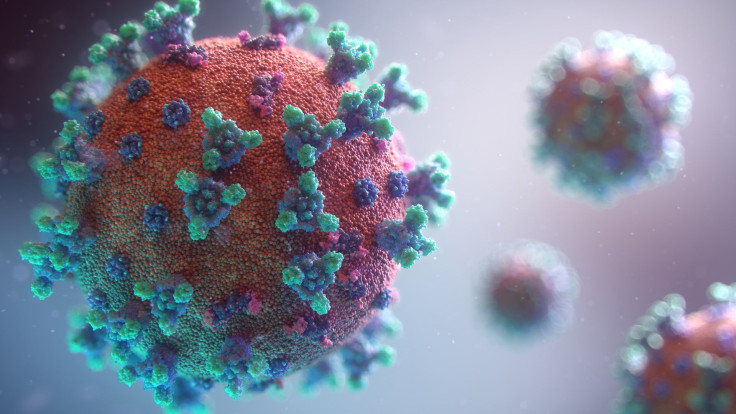COVID-19 Symptoms: How Long Does The Coronavirus Virus Incubate In A Human's Body?

KEY POINTS
- Coronavirus infection cases continue to increase worldwide
- Main symptoms of COVID-19 are breathing difficulties, fever, and cough
- Incubation period of the virus ranges from one to fourteen days
Many countries all over the globe have begun imposing social distancing measures, some of which have advised their citizens to stay home. Those who had symptoms were also advised to self-isolate, but then again, there are many cases when a person is already infected yet does not show any symptoms. This brings to question how long its incubation period is.
The Estimated Incubation Period
The World Health Organization (WHO) on their website defines the “incubation period,” like the time a person has caught the virus and began to show symptoms of the disease. According to WHO, the estimated incubation period of COVID-19 is commonly about five days, though it may also range from one to fourteen days. The WHO clarified that these numbers are just estimates; however, they will update it as soon as data are available.
The Centers for Disease Control and Prevention (CDC) also gave an estimate of the incubation period of COVID-19. The CDC stated on their website that after exposure to the virus, symptoms might start appearing within two to fourteen days. The CDC said they based this estimate on the MERS-CoV virus incubation period.
The Symptoms
Health experts say that symptoms such as shortness of breath, fever, or cough, or all of these, may be experienced by the victim after the incubation period. While the estimated incubation period of COVID-19 is estimated to be around one or two to fourteen days, there are cases when victims start showing symptoms early on. Health experts have also warned that there are asymptomatic victims, meaning they do not show any symptoms, who have been infected and can now also infect others.
There have also been cases where COVID-19 positive patients did not show any of the main symptoms but manifested only lesser-known symptoms. These include headache, sore throat, and stomach pain. In some instances, patients may experience a runny nose, diarrhea, or nausea. The CDC has warned, however, a victim should call emergency services if symptoms like having a bluish face or lips, tightness or pressure on the chest or trouble breathing, appear.
What To Do
The official advice of health authorities is that if you start showing symptoms and you believe you can manage them, you should stay at home. Do not go to a doctor or pharmacy as you might be spreading the virus in these places. If you need medicines or food, try requesting someone else to get it for you and leave it outside your door or area that you can easily access. It may be a friend or a family member.
Health experts say most of those who turned out to be COVID-19 positive experience mild symptoms which can be managed at home. If symptoms fail to dissipate after seven days, however, or if it becomes worse, then you should immediately call the emergency services.
© Copyright IBTimes 2025. All rights reserved.





















